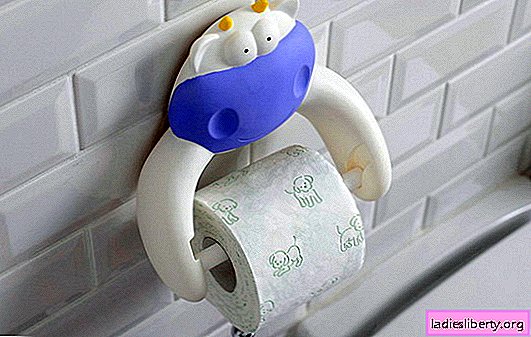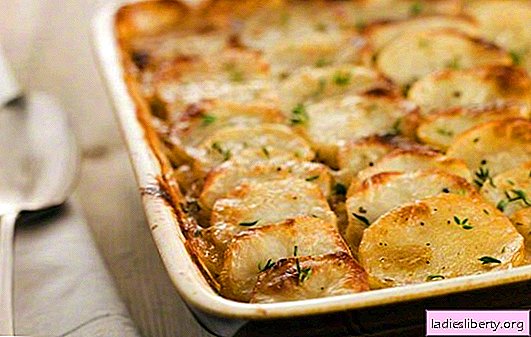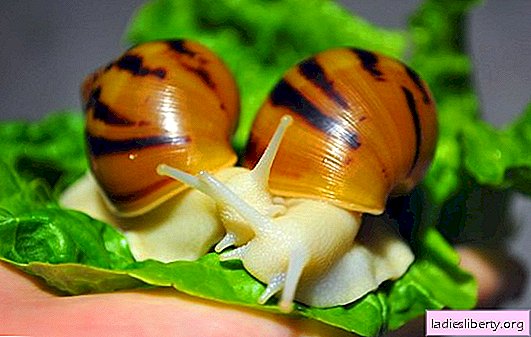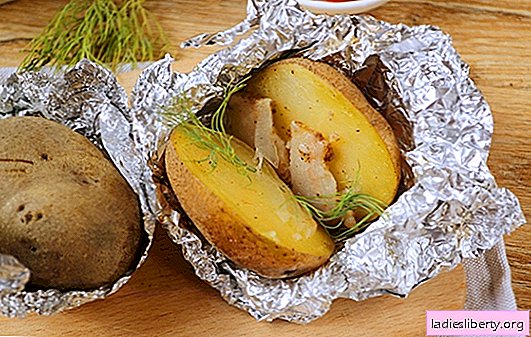
Problems with stool retention in pregnant women are not so rare, but many try to ignore them and stubbornly remain silent, expecting that after giving birth the trouble will resolve itself.
But constipation in a nursing mother is equally common.
Moreover, even proper nutrition and sufficient physical activity, which, by the way, have more than enough for a young mother, do not guarantee that the problem will pass by.
Let's try to look into the essence.
Types of constipation in young mothers and their causes
To successfully deal with stool retention during lactation, you should know how it occurs and why. Depending on the pathomechanism on which this problem is based, constipation in women during feeding is divided into two large groups:
1. Atonic - their occurrence is associated with atony of the intestine and a sluggish passage through it of food and feces. It is known that peristalsis in the early postpartum period is markedly reduced, especially for women who have had a cesarean. The reason lies in the negative impact on the activity of the intestines of the operation itself. The act of defecation with a delay in stools of an atonic nature is associated with considerable effort, feces after resolving constipation are dense, usually there are a lot of them.
2. Spastic - are primarily associated with psychological problems that accompany women in the postpartum period. It is stress that triggers the pathological mechanism in the intestine: the muscle tone of the intestinal wall increases due to spasm, complicating the intestinal passage. Defecation is accompanied by pain of a spastic nature, urges are frequent, feces are sparse, dry and dense.
There can be many reasons for stool retention during lactation, and they can be combined. Moreover, among the factors there are also not related to the postpartum period itself or indirectly related. For example, many women after childbirth try to actively lose weight by cutting their diet, including limiting dietary fiber. Inadequate water stress, which has become a habit, can also cause problems with stools.
Among the causes of constipation, characteristic of nursing mothers, are:
• Soreness in the area of sutures imposed on perineal tears during natural childbirth, as well as involuntarily performed incisions - episiotomy and perineotomy.
• Postoperative pain in the suture in patients undergoing surgical delivery - cesarean section.
• Fear of straining the muscles of the pelvis, limiting movements associated with fear of even greater tears.
• Hemorrhoidal nodes, anal fissures and other diseases of the intestine, in particular the rectum, exacerbated in the postpartum period.
• Weakness of the muscles of the anterior abdominal wall associated with their overstretching during pregnancy and hypotension after childbirth.
• Improper nutrition, diet deficient in fiber and coarse fibers, inadequate fluid intake. This problem is often generated by the lactation-related food ban, but many women, for fear of harming the baby, may unnecessarily limit themselves.
• Physical fatigue, lack of sleep, emotional and physiological stress of childbirth, child-related experiences.
Treatment and prevention
Pregnant and lactating, faced with the problem of constipation, often try to avoid going to a specialist and are wary of appointments. But to protect their baby, they can, strictly adhering to medical recommendations. Moreover, in case of stool delay, a simple diet and normalization of the emotional background can help.
What are the ways to deal with constipation in a nursing mother?
Diet
The nutrition of a young mother should be enriched with dietary fiber and fiber, it is they that accelerate the passage of food through the intestines, contribute to regular bowel movements. A woman who is breast-feeding should gradually include vegetables and fruits (carrots, apples, beets, plums) in the diet. Approaching the choice of food products wisely and observing the measure, the mother will be able to establish her chair and will not harm the baby.
In addition to natural vitamins, it is recommended to use fermented milk products (kefir, yogurts, cottage cheese), which not only stimulate the intestines, but also form the normal microflora in it.
Vegetable oils (linseed, olive) and dried fruits (figs, raisins, prunes, dried apricots) also have a laxative effect.
You should discard foods such as legumes, rice, semolina, pears, cheese, walnuts, they can contribute to problems with the stool.
Drinking mode
It is important to drink more than 2 liters of fluid per day, and ordinary water should be at least 50% of the water load. Useful of natural fruit drinks, decoctions of dried fruits.
Physical activity
Physically active mother is much less likely to experience constipation. Walking in the fresh air, moderate exercise in the absence of contraindications, light gymnastics help restore vitality and improve the digestive function of the body.
Drug therapy
The use of drugs for constipation in a nursing mother necessarily requires specialist advice. The features of the drugs, their ability to penetrate into breast milk, are taken into account. If nonpharmacological methods have not produced an effect, it is possible to take some laxatives based on lactulose (for example, duphalac) and rectal suppositories (for example, glycerin) cautiously taking into account contraindications.
Folk methods
Folk recipes during lactation should also be carefully considered, because some herbal preparations can provoke allergic reactions in a child. However, there are absolutely harmless. Traditional medicine recommends drinking freshly squeezed potato juice diluted with water in equal proportions with an excellent laxative effect before meals. Coping with milk will help cope with constipation by a nursing mother (200 grams of dried fruit per glass of milk, take two teaspoons before a meal). It is also advised to use a decoction of licorice root (1 tablespoon of grass in a glass of boiling water is infused for half an hour, take 2 tablespoons 30 minutes before eating). It will be useful to simply replace black tea with chamomile.
Mom's constipation and feeding
And finally, the most exciting nursing question: are mother's problems with stools harmful for her mother and can breastfeeding continue with constipation?
Naturally, if the mother suffers, the baby suffers. The reason here is not only the psycho-emotional connection established between them, but also questions of physiology. With constant constipation in a nursing mother, milk to some extent loses its useful properties, a lack of enzymes in it leads to digestive problems in the child and, as a result, stool retention. However, in this case, stop breastfeeding in no case worth it, this is not a reason.
It is important to remember that the mother is responsible for herself and the well-being of her child. In her hands is the well-being of both, therefore, if there is such a problem with the nursing as constipation, do not let her drift, but consult a doctor in a timely manner.











